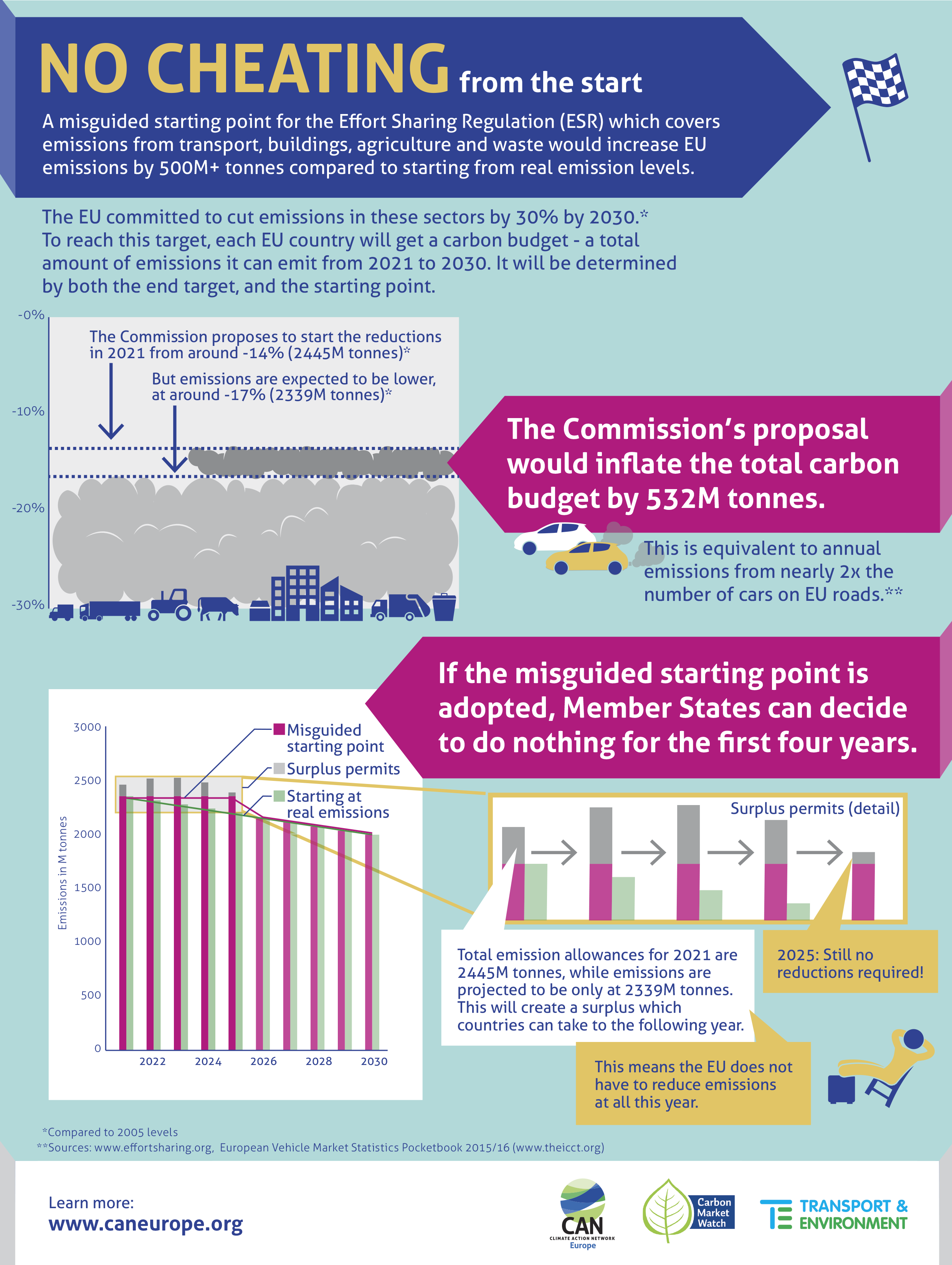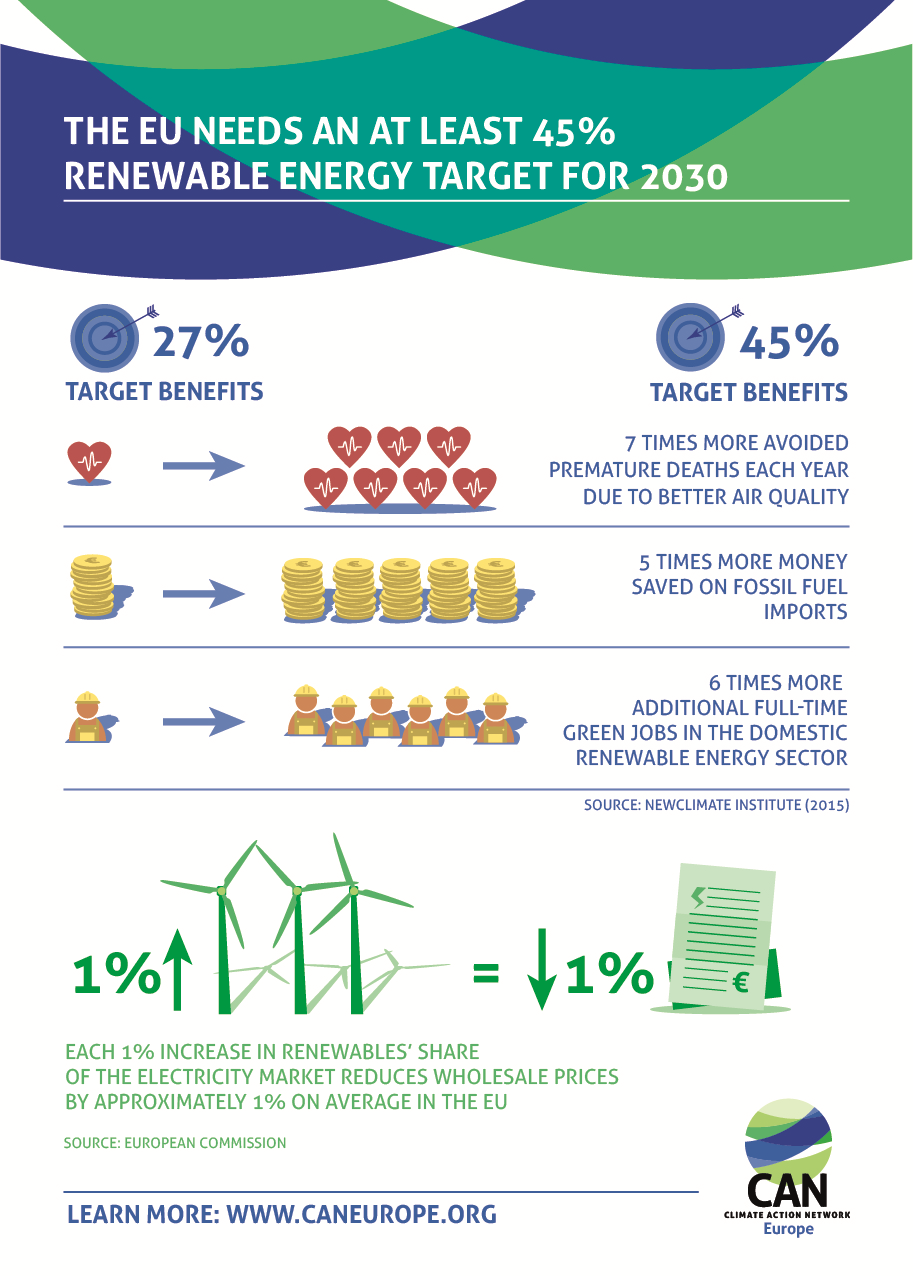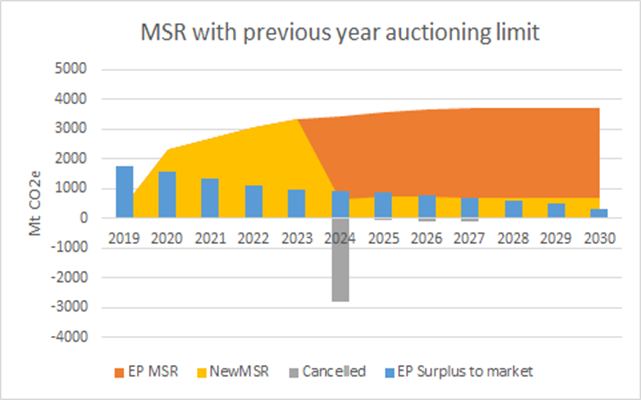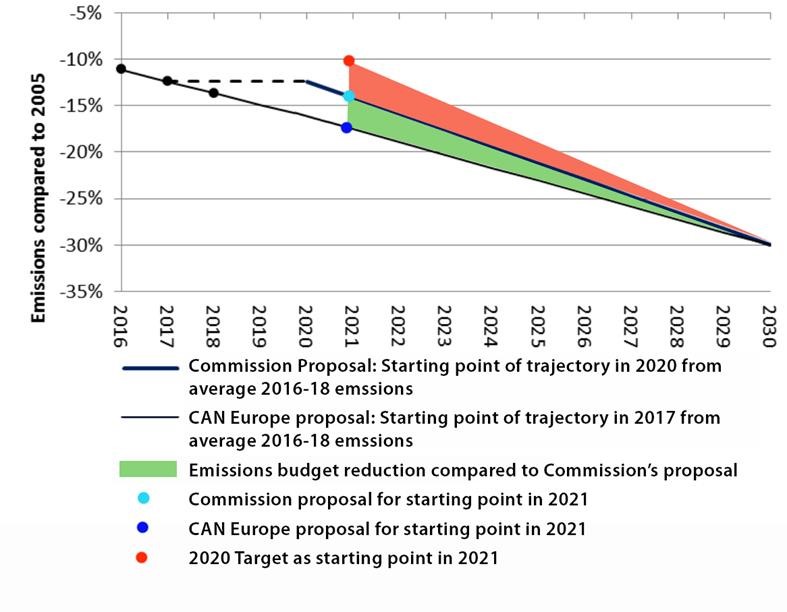CAN Europe’s reaction to the State of the European Union speech
In reaction to the State of the European Union speech delivered by the President of the European Commission before the Members of the European Parliament (MEPs) today, Wendel Trio Director of Climate Action Network (CAN) Europe said:




